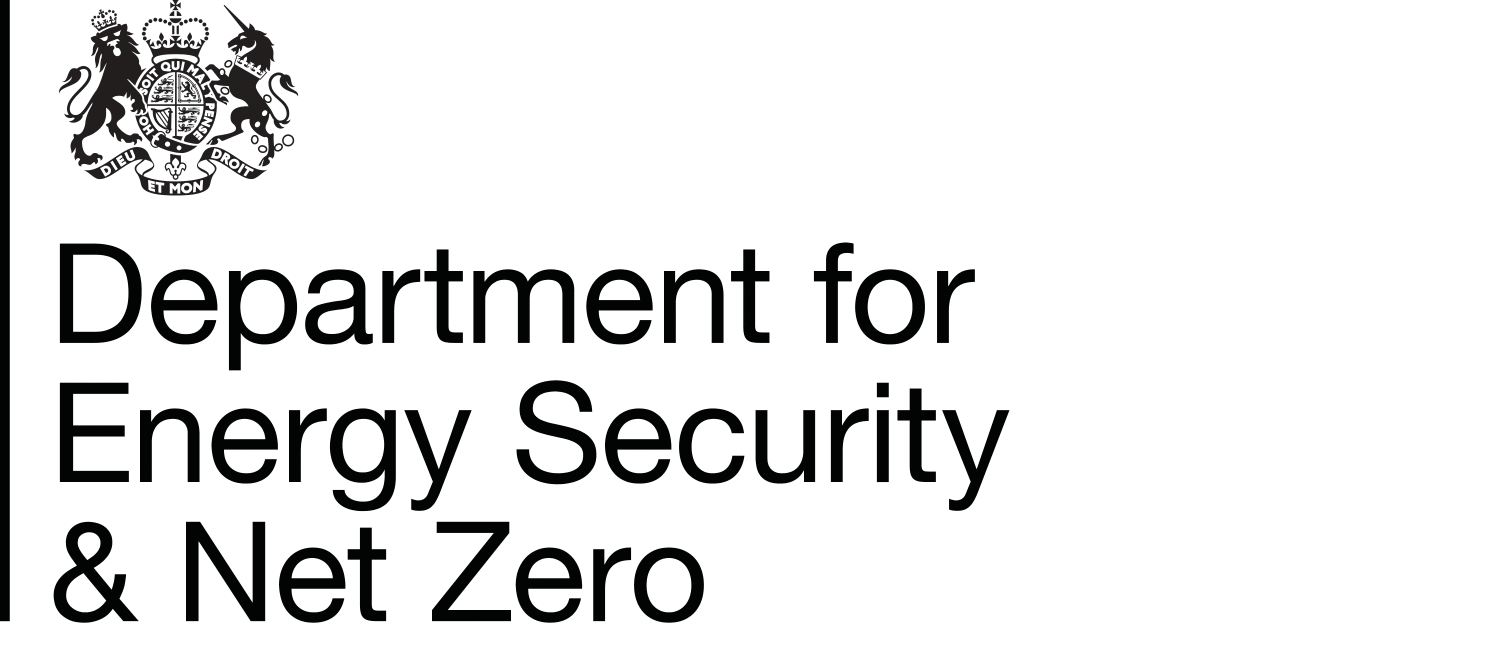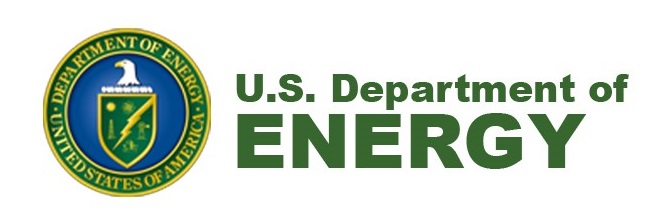IMPLEMENTING ARRANGEMENT BETWEEN
THE DEPARTMENT OF ENERGY OF THE UNITED STATES OF AMERICA
AND
THE DEPARTMENT OF TRADE AND INDUSTRY OF THE UNITED KINGDOM OF GREAT BRITAIN AND NORTHERN IRELAND
TO COOPERATE IN THE FIELD OF FOSSIL ENERGY TECHNOLOGY
(Read the Implementing Arrangement in PDF Format)
*Note: PDF file opens in a new window.
WHEREAS,
The Department of Energy of the United States of America (DOE) and the Department of Trade and Industry of the United Kingdom of Great Britain and Northern Ireland (DTI), hereinafter referred to as the "Participants";
Entered into a Memorandum of Understanding on Collaboration in Energy Research and Development on November 6, 2000 (the "the MOU");
Share an interest in joint planning and exchange of information and personnel in the field of cleaner coal technology, and for exploring opportunities for expanded fossil energy utilization, including clean coal research, development, and demonstration of new technologies;
Recognize the contributions of fossil fuel technologies, including advanced materials and power systems technology development, to fostering fuel diversity, enhancing environmental protection and energy security, and expanding opportunities for international trade; and
Realize they will benefit mutually from collaboration in the deployment and use of advanced fossil fuel technologies.
The Participants have reached the following understanding:
SECTION 1 - SCOPE AND OBJECTIVE
1. In accordance with Section 4 of the MOU, the Participants establish a framework for collaboration in energy research and development in the field of advanced fossil energy technologies.
SECTION 2 - TECHNICAL AREAS OF COOPERATION
2.1 Technical areas for possible cooperation under this Implementing Arrangement include research, development and demonstration activities related to both base and enabling technologies, including the underlying science and engineering; crosscutting research and development activities, such as advanced materials, along with assessment of technology options and their economics. Areas of collaboration may include:
2.1.1. Environmentally friendly discovery, characterization, production, processing and transportation technologies for coal;
2.1.2. Advanced, high-efficiency power systems, including:
- gasification combined cycle systems
- advanced pulverized coal combustion systems
- fluidized-bed combustion systems
- fuel cells
- advanced gas turbines
- hybrid systems
- distributed generation;
2.1.3. Advanced process and environmental control systems for conventional and advanced power systems, including:
- fuel processing (reformers, shift reactors, membrane separations)
- gas clean-up (ammonia [NH3], hydrogen sulfide [H2S], alkali, hydrogen chloride [HCI], trace elements)
- particulates
- sulfur oxide (SO,)
- nitrogen oxide (NOX)
- hazardous air pollutants
- greenhouse gases
- other waste streams;
2.1.4. Advanced central-station power and/or fuels production systems with very low emissions;
2.1.5. Sequestration options for carbon dioxide (COz) and other greenhouse gases from fossil fuel-based systems, including capture, storage, and utilization;
2.1.6. Models and systems for design, manufacture and performance of advanced power systems, including:
- component design, performance and life
- advanced manufacturing techniques
- virtual plant simulation, including economics
- RAMO (reliability, availability, maintainability, and operability), control and instrumentation; and
2.1.7. High-quality transportation fuels and chemicals.
2.2. Other related technologies, such as waste minimization/utilization from fossil fuel production/use (e.g., coal combustion by-products), and systems for distributed generation (e.g., power electronics).
SECTION 3 - FORMS OF COLLABORATION
3.1. The Participants plan to cooperate in a manner that will facilitate joint activities and market deployment of fossil energy technologies in an environmentally responsible way. Pursuant to Section 3 of the MOU, these joint activities may include, but need not be limited to:
3.1.1. Consultations by the Participants' senior program officials to permit joint planning of cooperative projects for which the participating organizations agree to share the tasks, the costs, or both. Pursuant to Section 9 of the MOU, any costs arising from any direct collaboration between the Participants will be borne by the Participant that incurs them;
3.1.2. Joint technical evaluation of fossil energy technologies. In recognition of the worldwide role of coal, the Participants will cooperate to facilitate the application of technologies to resolve environmental and other technical issues concerning coal use;
3.1.3. Exchange visits to mutually agreed-upon United States and United Kingdom commercial and clean coal technology research, development, and demonstration program facilities pertaining to the technical areas and issues described in Section 2 above;
3.1.4. Training and internship program support for personnel in the fossil energy technologies cited in Section 2 above to strengthen related human resources and government, university, and industry laboratory infrastructure, and to facilitate joint government and industry activities;
3.1.5. Joint development of programs to facilitate partnerships between fossil energy sectors of the United States and the United Kingdom.
3.2. Other forms of cooperation may be added by written arrangement of the Participants in the form of an exchange of letters between the Lead Coordinators for the MOU.
SECTION 4 - MANAGEMENT
4.1. The Participants hereby establish a Joint Coordinating Committee for Fossil Energy Technology (JCC) to direct activities under this Implementing Arrangement. The membership of the JCC will consist of two representatives of each Participant.
4.2. The JCC members will meet at least annually to discuss research priorities and new initiatives, improve cost-effectiveness and reduce unnecessary duplication of effort between the Participants, and to plan the exchange of technical data, personnel, and/or samples. JCC members will meet at mutually agreed locations. The chief representative of the Participant that is hosting the meeting will chair the meeting. The JCC will coordinate its activities with the Lead Coordinators designated under Section 6 of the MOU.
4.3. Each task undertaken under this Implementing Arrangement will be covered by a work plan that is approved by the JCC, which will then designate Co-Project Officers for that specific task.
SECTION 5 - EFFECTIVE DATE AND TERMINATION
5.1. This Implementing Arrangement is subject to and governed by the MOU.
5.2. This Implementing Arrangement will enter into operation upon signature by the Participants and remain in operation so long as the MOU remains in operation, unless earlier terminated in accordance with Section 5.3 below.
5.3. The Participants may amend this Implementing Arrangement by written arrangement. Either Participant may terminate this Implementing Arrangement at any time upon 6 months written notice to the other Participant.
Done in duplicate
FOR THE DEPARTMENT OF ENERGY FOR THE DEPARTMENT OF TRADE AND
OF THE UNITED STATES OF AMERICA: INDUSTRY OF THE UNITED KINGDOM OF
GREAT BRITAIN AND NORTHERN IRELAND:
SPENCER ABRAHAM PATRICIA HEWITT
SECRETARY SECRETARY OF STATE FOR TRADE AND INDUSTRY
Date: March 10, 2003


